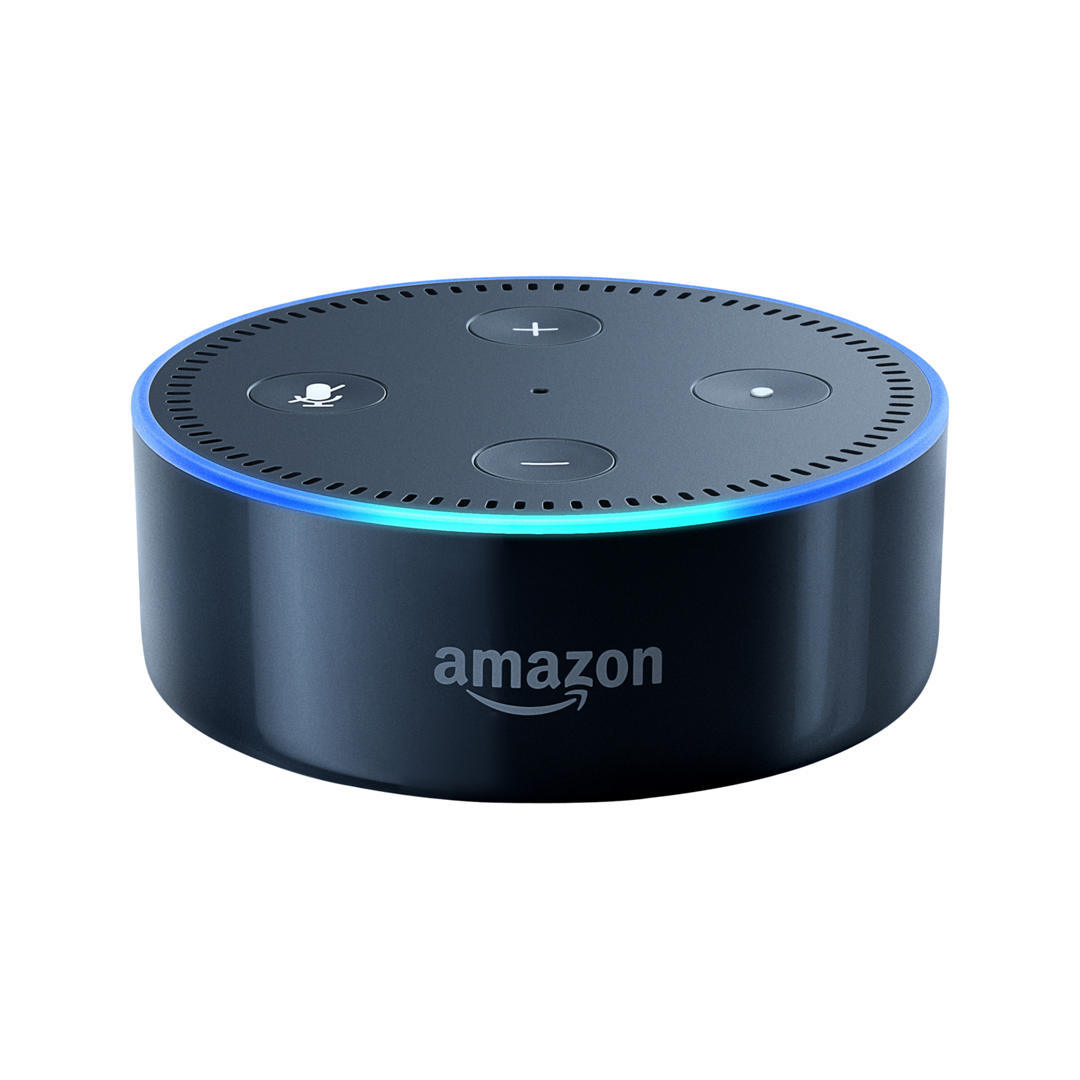Voice controlled virtual assistants, like Amazon’s Alexa, have yet to make a major impact on higher education – but surely it’s only a matter of time. This Chronicle report notes that three US universities have begun to provide Echo Dot devices in university halls of residence, working with a company which has helped to build in relevant student data, including grades and financial aid information.
Arizona State, one of the pilot universities, offered a hall with 1,600 students the devices last year, and developers started with some basic answers for Alexa:

The Arizona State “skill” — Amazon’s term for an add-on that Alexa users can download — can play the university’s fight song or describe forthcoming campus events. Students first had to learn to bring the device into their daily routines, said John Rome, Arizona State’s deputy chief information officer. They would ask about the weather, call Mom, play music. Only then would they start asking university-specific questions: How late is this building open? When are finals? Arizona State’s Alexa skill could answer those, too.
But it’s not all entirely straightforward when it comes to personal data: Soon students wanted yet more personalised answers: What did I get on my last test? What assignments are coming up?
Those are more complicated, Rome said, because users would repeatedly have to confirm that they are authorised to receive that information.
According to Rome, surveys have shown that many students want to be able to ask Alexa about key deadlines and university dates. But there’s more too:
…students also want information not captured in databases, like faculty office hours and campus dining menus, he noted. That material is often posted to individual websites but not centralised. Now, administrators are wondering how to capture that data, he said. At Georgia Tech, students can use Echo Dots to track meal swipes and check the balance of BuzzCards, which they use to buy items from campus stores.
Beyond this, though Northeastern’s pilot program, it was revealed that students wanted their devices to be proactive:
Students wanted to wake up with a morning alarm followed by a daily briefing: Your physics class is cancelled, but don’t forget your appointment with your academic adviser.
Of course, there are plenty of sceptical voices too – as noted in this recent Inside Higher Ed piece:
Barbara Fister, librarian at Gustavus Adolphus College, said that the technology “makes a lot of sense for people with sight impairments, but for the rest of us? I don’t get it.”
Fister also raised concerns about privacy. “Inviting Alexa into your bedroom is like inviting a bunch of strangers to sit beside your bed and take notes,” she said.
Doug Levin, president of consulting company EdTech Strategies, described the trend of universities giving students Alexa devices as “a terrific idea for Amazon,” but “tech theatre” for institutions.
“It’s a way to seem cutting-edge by outsourcing core services to a gimmick technology which could as easily be offered via a mobile app or web interface — and without introducing new privacy or security concerns.”
There is undoubtedly plenty of potential here but Alexa (or Siri, or Google Assistant) is not for everyone – and it is not clear how much value this is all going to add to the student experience. Until we get to the point of course where Alexa is able to tell you how to get 67% in that difficult Orwell essay.













Just imagine, what will happen if a group of people will start using their assistants in one place? I suppose that these assistants are more accessories on this stage than really life changing devices.